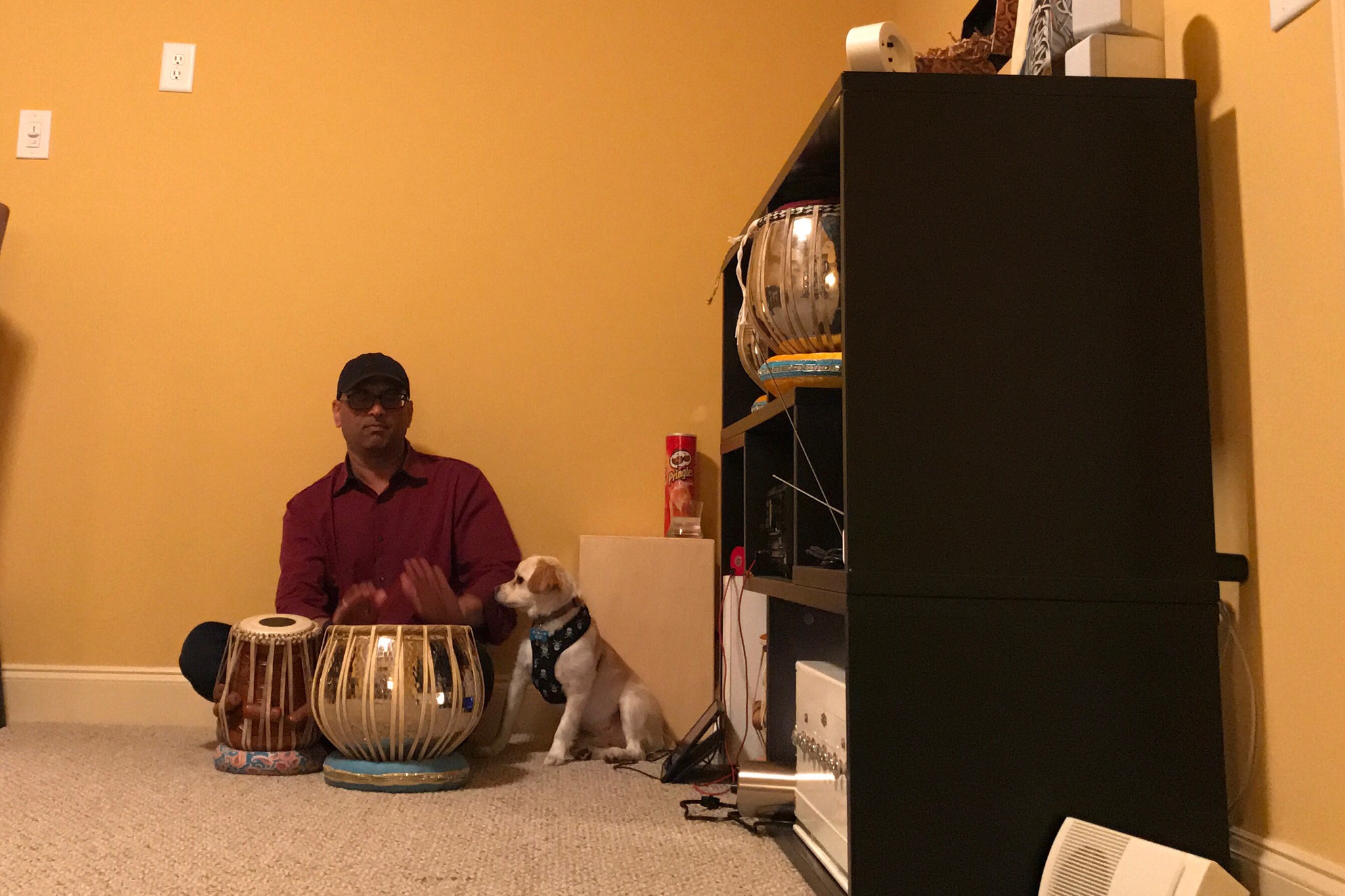Winding down with Nusrat Fateh Ali Khan
“Mere rashk-e-qamar tu ne pehli nazar,
Jab nazar se milaayee maza aa gaya
Bara si gir gaii kaam hi kar gaii,
Aag aisi lagaaii maza aa gaya”
Trying to translate this is not going to be easy. The first big challenge is explaining the import of a simple phrase as “maza aa gaya”. Literally it might be said it means “(I) became overjoyed”. But it really conveys a lot more. Elements of “ecstasy” is carried thru in that phrase. And elements of “unparalleled” nature of joy is conveyed thru that phrase.
The second challenge is to translate the construct of Urdu phrases. They are constructed almost the opposite of English phrases, sequentially speaking. “Rashk e qamar” is best understood as “envy of moon”. Basically, he is describing her as somebody whose beauty is the subject of envy by the moon.
Let’s see if this does any justice…
“Oh! You – who is the envy of the moon, your first glance
When it met my own eyes, it flung me into a world of ecstasy
(And in that look) Lightning struck and completely charred me
You lit such a fire that I burnt in a fire of that ecstasy.”

OK – this picture looks like an old RCA victrola picture … called “His Master’s Voice”… remember the ad’s from my childhood… when records were the large 78’s… my folks had a lot of Big Band records from the 30’s ^& 40’s….
Yep – that;s it….now you and your furbaby are icons…
The “His Master’s Bol” is actually a play on that. We, Bengalis, do not have a “v”. We pronounce it as “b”. Thus HMB instead of HMV 🙂
Cool… I just thought the pose for your picture was almost a copy of the one you sent… could see it in my memory because we always had a cocker spaniel dog or a cow dog… so dogs like yours always belonged to city folks…
Why no ‘v’s” …. isn’t it the Japanese who don’t have “L”….
I think they have no “r”s. They pronounce it as “l”. Regarding our “v”, you will be amazed how there are different sounds for different languages. An Indian language called Tamil for example, has “Zh” that is more of a “r” with your tongue stick to your roof of palette that does not exist in English. Similarly the “rolling” “r” of Spanish – no equivalent in English
I love that the one common thing in the world in any language is music…if words cannot bring us together … music can…thanks for the enlightenment on your background… I find all your stories interesting.. especially the India ones…have a great weekend RR.
And you! You are a class of your own. I am really glad that I got to know you professionally and then personally and that many many years later Sharmila and I saw you again!!!
Next time you are going to be in the area … let me know and we will try to meet again for coffee…
Absolutely. I am not done hearing the story of the electric poles!!!
Cool…. just let me know and if William is still doing okay… then we will sit and talk some more…
Awesome!
I like Pringles too…
Unfortunately, Jack, you have to subject yourself to my drums first 🙂
Bdw Rajib da does that ‘Pringles’ never finish 😉 😉
Beautiful…..really appreciate your love for shayari…..